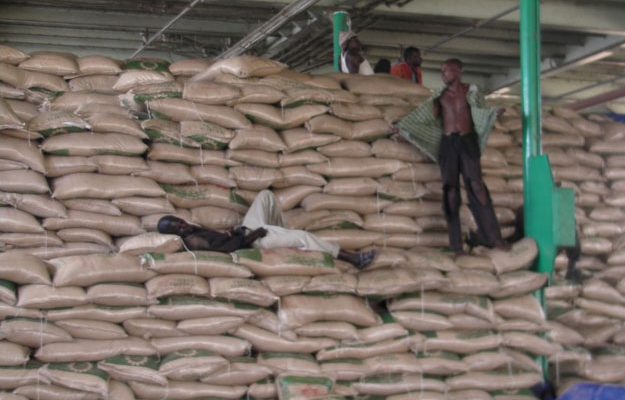Loss-making Mumias Sugar yesterday hinted at seeking another state bailout package as it warned investors full-year losses through June 30 will be about Sh6 billion.
The struggling sugar miller said it will be seeking additional funds from its shareholders, including the government, to support cane development plan on its vast land in Western Kenya.
The plan will include “engaging farmers with farmers to boost farmer loyalty and enhance supply of raw material,” the company said in its unaudited financial performance statement for six months through December 2016.
The government, which controls 20 per cent stake in the publicly traded miller, has injected about Sh2 billion in the last two years to revitalize operations at the once giant firm which controlled more than 60 per cent sugar market share. The company turned to the Treasury after failing to get approval for a Sh4 billion rights issue.
Net loss for the six months ended December 2016 nearly doubled, deepening by 87.07 per cent to Sh2.92 billion compared with Sh1.56 billion a year earlier.
Mumias said this was largely attributable to shortage of cane leading to low factory capacity utilization, thus increased production costs.
Sales revenues fell by 48.64 per cent to Sh1.53 billion year-on-year compared with Sh2.98 billion previously after selling 12,175 tonnes of sugar out of 12,197 tonnes it produced during the six-month period.
“The company envisages cane shortages running through second half (January to June ) of the year,” chairman Kennedy Mulwa said. “MSC has, however, planned for its future through an accelerated cane development plan with core focus being on increasing land under the company’s control.
The outcome of this plan will be realized in subsequent period.”
Mumias however warned full-year loss through June will soar by at least 25 per cent compared with Sh4.73 billion the year before. This means losses will hit at least Sh5.91 billion in June.
Other strategies Mumias listed for turnaround included improved utilization of its ethanol capacity where competitors have eaten into its revenues and restructuring of its long-term loans with a view to rescheduling repayments.
The company further plans to introduce a “lean and efficient” organizational structure as well as control production, administrative and marketing costs.

